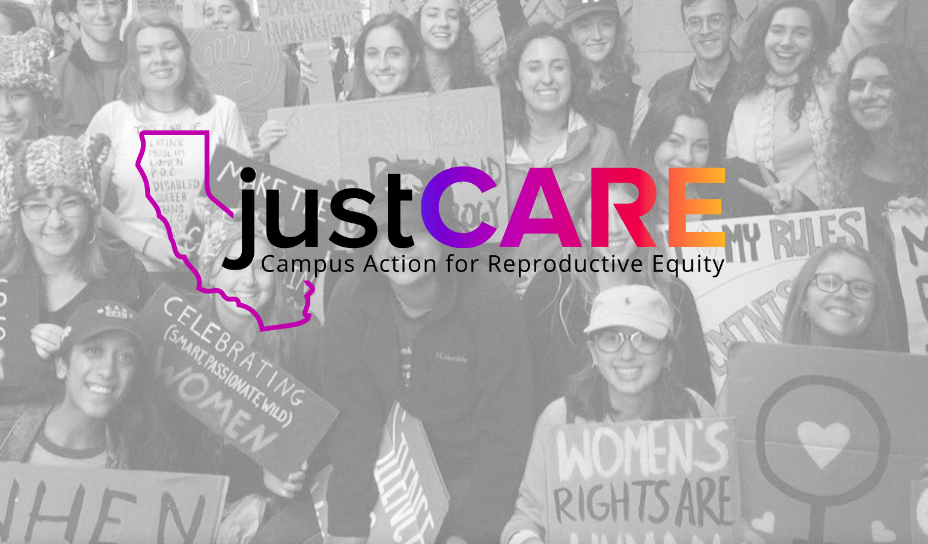A new campaign aims to increase access to reproductive care at public university health centers across California. Yesterday (January 9), a coalition of students, providers, funders and advocates launched the justCARE: Campus Action for Reproductive Equity campaign, which wants to enable on-campus access to medication abortions.
The goal is to make abortion care more accessible by avoiding the need for students to leave campus for services. A study from University of California, San Francisco’s Advancing New Standards in Reproductive Health (ANSIRH) examined the barriers facing public university students seeking abortion care, and uncovered several challenges. From an emailed campaign press release:
In fact, while campus health centers provide quality health care at low or no cost to students across California, no clinics on California public campuses now provide abortion care, and many do not have an abortion provider close by. Once a student has made the decision to end a pregnancy, it can be difficult to raise the money to travel and pay for care or find transportation.
"These barriers disproportionately harm students of color, low-income students and first-generation college students," explained Adiba Khan, director of Students United for Reproductive Justice at University of California, Berkeley, during a press conference for the campaign. "Once a student has decided to end a pregnancy, there is no reason they shouldn’t be able to get the abortion pill right on campus."
As a first step of the campaign, state senator Connie M. Leyva introduced the College Student Right to Access Act (SB 320), which seeks to expand medication abortion services on California campuses. A group of funders has also agreed to cover the costs of setup, training and implementation for the university health centers.
"As a woman of color and child of immigrants who grew up low-income, reproductive justice is personal for me," says Khan. "I want students who look like me—and all students—to have the health care they need, when and where they need it."
